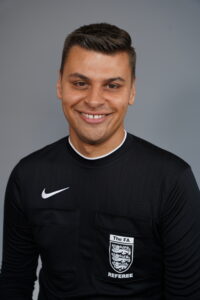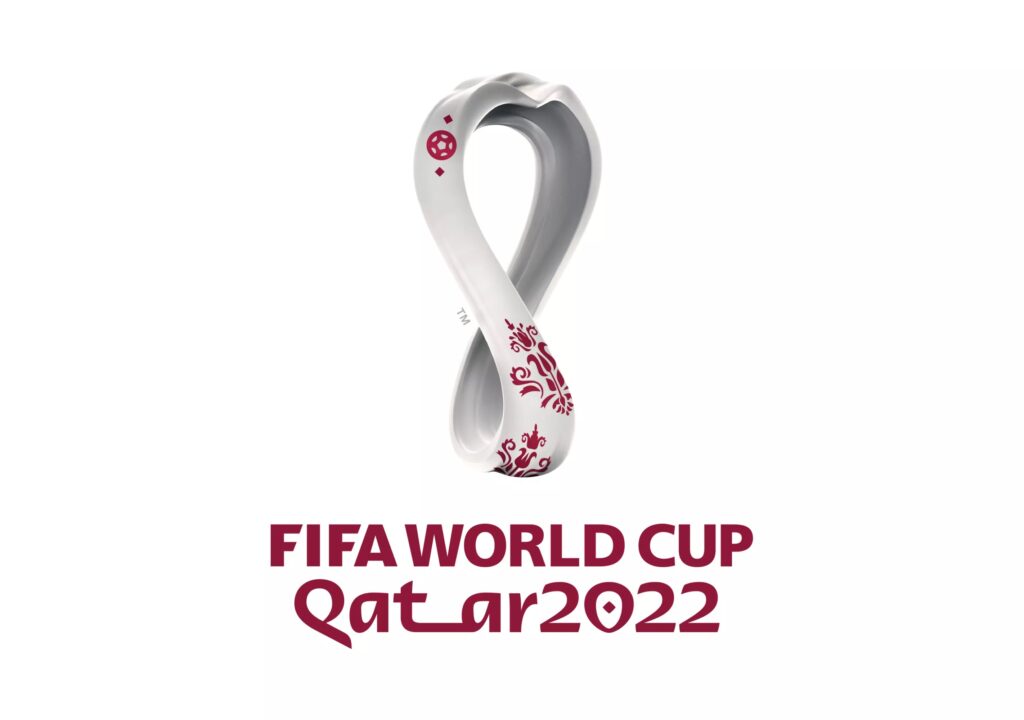Over the past 7 days, the 36 referees, and 69 assistant referees and 24 video assistant referees who have been chosen to officiate at the 2022 FIFA World Cup have made their way to Qatar, where the tournament is being held.
For the first time in FIFA World Cup history, women referees will officiate games at a major men’s tournament. Stéphanie Frappart from France, Salima Mukansanga from Rwanda and Yoshimi Yamashita from Japan became the first female referees to be appointed to a men’s World Cup. They will be joined by three female assistant referees, also for the first time, Neuza Back of Brazil, Karen Diaz Medina of Mexico and Kathryn Nesbitt of the United States.
How Were The Officials Selected?
The selection process is over three years long, for this World Cup over 50 refereeing teams of 3 were analysed, before selecting the final 36, and although a 16-person board selects the best officials, there are many geographical considerations to be added to the process.
From Spain to South Africa, there will be 31 nations represented at the tournament with Michael Oliver, Stuart Burt, Simon Bennett, Anthony Taylor, Gary Beswick & Adam Nunn representing England in Qatar.
Officials must be over 25 years old and under 45.
As mentioned above, World Cup referees are selected by FIFA’s chief referee together with a 16-member committee plus a medical representative. Ten of them are former referees and two others are in charge of judging their local leagues.
It’s important to consider that no official can referee a match played by their own national team.
What Happens When The Tournament Begins?
Typically, the officials fly into the host nation of a major tournament and then socialise with their colleagues from other nations around the world. However, many refereeing teams, including those from England, have decided to complement the artificial warm weather training they were doing in their home nations, with arriving around 10 days prior to the tournament in order to begin their physical workloads in the actual conditions that they’ll experience in games.
Often, family members of the officials would fly out to meet them and would come along to fixtures that the referees are appointed to. This is a terrific source support for the officials and a very proud moment for the family members to see the realisation of, sometimes, decades of hard work and setbacks.
After the final whistle, there will be an informal and relaxed debrief with the key players in FIFA’s refereeing team, This is ahead of a more formal assessment of the fixture and Key Match Incidents (KMIs), which takes place the following day once an analyst has prepared clips of the game for evaluation.
What Are The Challenges Officials Can Face During The Tournament?
The stakes are high in international tournament football, for the officiating and playing teams. The pressure placed upon teams from their supporters back home, is intensified upon referees. There was no greater example of this than the death threats and threats to the safety of the family of Howard Webb, following his refereeing of Austria v Poland at the UEFA European Championships in 2008. In the game Austria were awarded a 90th minute penalty, which resulted in the game finishing 1-1. Webb’s parents reported having experienced aggressive Poles at the front door of their home in South Yorkshire, in the aftermath of the fixture.
The Later Stages Of The Competition
All 36 referees, and 69 assistant referees and 24 video assistant referees will be involved in the group stage of the World Cup, although not all are guaranteed to be appointed to a game. Their performances in the first phase of the World Cup will determine if they are retained for the knockout rounds, a few refereeing trio’s tournament participation will end at the group stage, in the same way as it will for some nations. They will receive a memento for their involvement in the tournament.
“One mistake and you are out” – Jesús Calvo Guadamuro, FIFA Assistant Referee 2003-2013
Quite often, once officials are appointed to fixtures, the referee, as team leader, will invite all of his colleagues on the game into his hotel room to prepare them for the game in a more relaxed setting.
Ahead of his Group C game between Netherlands and Italy at the UEFA European Championships in 2008, referee Peter Fröjdfeldt from Sweden used his time with colleagues at the hotel before the game to share his thoughts:
“Courage, that’s a main point. Expect the unexpected, that’s important (because) anything can happen. We will be focused 100%, but one of the main points (is that we) have fun. It’s just a football match, 11 against 11. We don’t care about Euro….this is a football match.” – Peter Fröjdfeldt, FIFA Referee 2001-2008
Following the semi-final appointments, the remaining officials will come together in a meeting with the Head of FIFA’s Referees Committee and hear which officials have been selected to officiate the Final and the remaining officials will return to their home nations to watch the Final from afar.
Naturally, for those who miss out, it can be incredibly tough and very emotional. This is the case, especially, for those officials for whom, they know that it is their last tournament as a referee and therefore, their last chance to referee a major final. Sometimes these officials who miss out have had these fixtures earmarked as the perfect way to go out as they’re on top of their game at the time, as a referee. The frustration can stem from missing out on major club competition finals, for example, in the past and feeling that in that tournament is their pinnacle and that this stage, at this moment was their ‘now or never’ time.
The Final
When it comes to the final, preparation and everything that goes around the game, is key. Sometimes the referee will shut all of the doors and windows in the dressing room to create the ambience they need pre-match. There are also other superstitions, such as attaching a crucifix to your whistle and washing it before the game. One such example of this is, prior to the 2008 UEFA European Championships Final between Germany & Spain, match referee Roberto Rosetti, kissed on both cheeks every member of his officiating team before they left the dressing room.
Post Tournament
After the tournament, when all officials have returned to their home nations, there are often celebratory evenings and dinners where the home associations, whom the referees have represented on the global stage, come together to recognise and celebrate the achievements of these officials. These can be party atmospheres where awards are handed out and the scale and magnitude of the officials reaching the pinnacle of their careers is truly appreciated. Whether this can be done in quite the same manner in 2022, remains to be seen as World Cup referees who’ve been in Qatar will come back to their domestic leagues and straight into a hectic period of fixtures where they’re making up for time lost during the FIFA World Cup break.
At The Third Team I work individually and in collaboration with different professionals where I have developed workshops and 1-2-1 sessions associated with Resilience and Mental Toughness Development to help referees. The workshops and 1-2-1 sessions are interactive, where referees are encouraged to open up and share their experiences to help themselves and each other.
Feel free to contact me if you’d like to know more about my workshops or 1-2-1 sessions and how I could help you or your officials.
Best Wishes,

Nathan Sherratt
Referee Educator & Managing Director of The Third Team

Nathan Sherratt
Nathan Sherratt, Referee Educator, Resilience Trainer and Managing Director of The Third Team. A Mental Toughness Practitioner based in County Durham, North East England.

